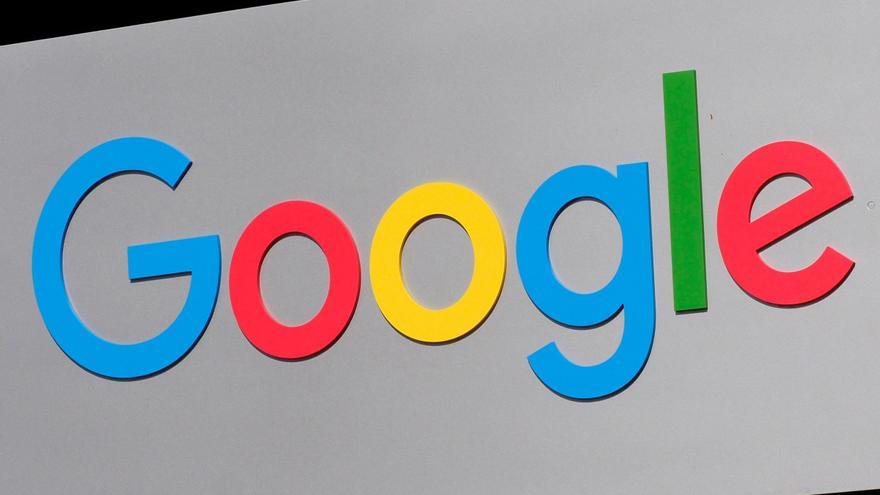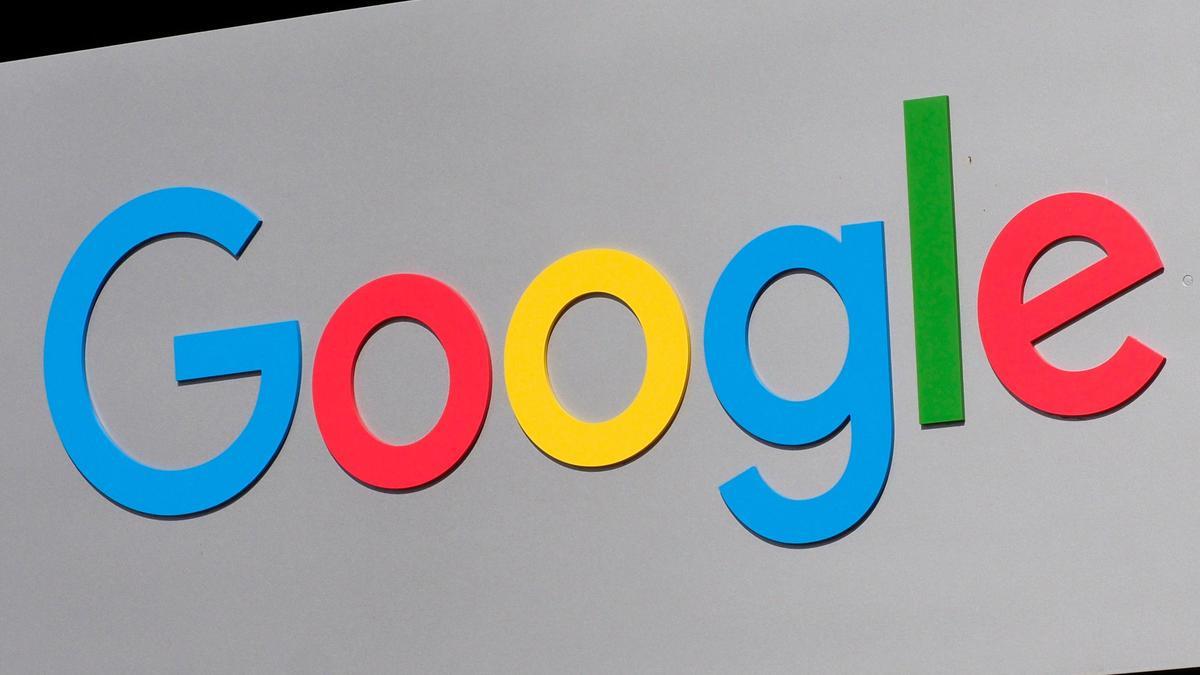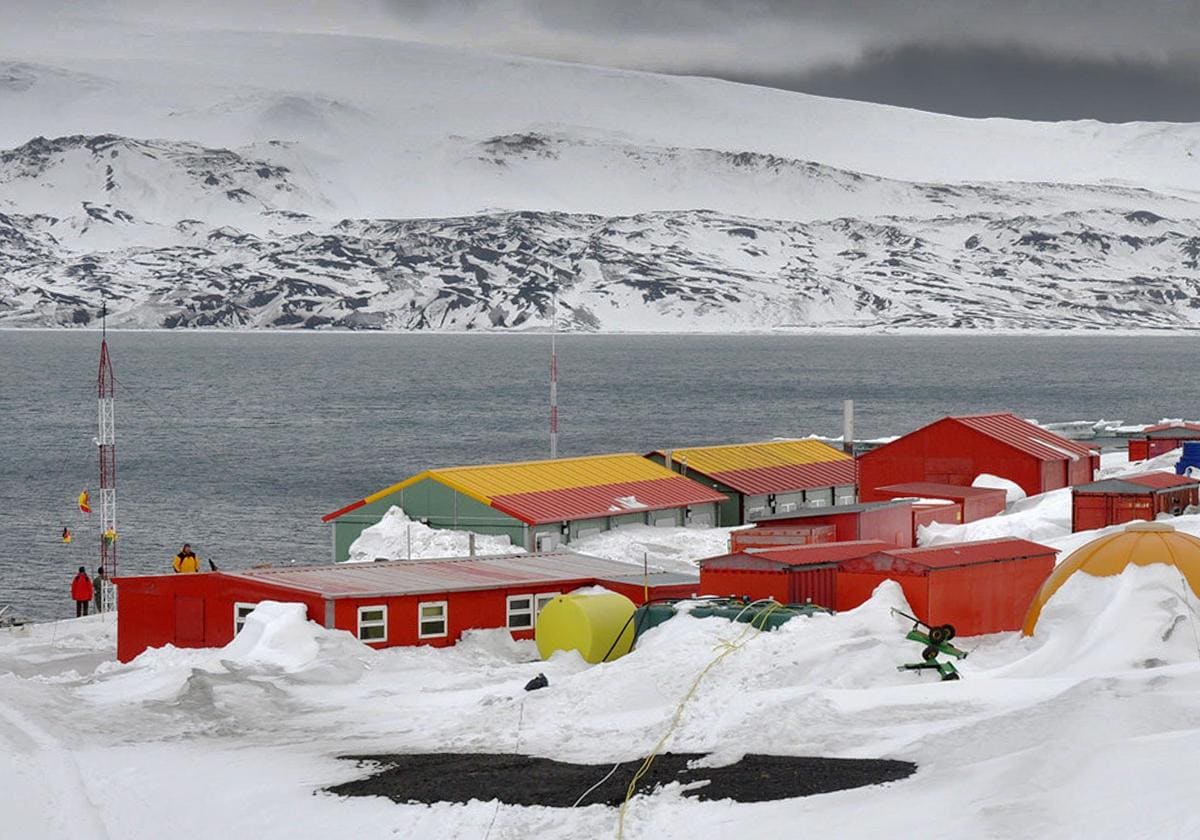Google must inform the Spanish media of changes in its algorithms


The media Spaniards will be able to negotiate individually with tech giants What Google and Facebook so that they pay for the diffusion of their news. This is established by the European directive Intellectual property that he government adopted this Tuesday through a Royal Decree Law, that is, without going through parliament.
This European directive regulates Copyright and related rights in the Community digital market, giving Member States freedom to decide how to regulate relations between media companies and digital companies that share their content. In Spain the model will be mixed, which means that the media will be able to negotiate individually or collectively with Google and Facebook for financial compensation. That is the path followed by France, but not by Germany, which only allows collective bargaining.
In addition, the text approved in the Council of Ministers on Tuesday establishes that, after reaching agreements for this payment, the technological giants will be obliged to inform "periodically, in detail and sufficiently" the media companies of the changes in their algorithms, the systems that establish "the main parameters that govern the classification of added content", according to a draft of the text. That is, what criteria do these platforms take so that their search engines prioritize news from some media or others in the list.
Opportunity or censorship?
The Spanish adaptation to European regulations has caused a stir. The Minister of Culture and Sports, Miquel Iceta, has explained that This new law seeks to "break a spear by creators who intend to live off their creation", against piracy and in favor of the payment of copyrights, thus reinforcing the position of the media in a digital market where Google, Facebook and other companies hold a dominant power position.
However, that decision also marks a major change that critics say could limit freedom of expression. The network of activists for digital democracy Xnet has assured that the law is an "alliance between power and old and new monopolies for the control of technology and the flow of information" that "will produce devastating effects for the future of the internet." It has also denounced that this law has been approved by decree, "without a democratic process that gives rise to amendments, as if it were a national emergency, without questioning organized civil society" and asked the parties to vote to request a parliamentary procedure that includes modifications to the text.
Return of Google News
The approved directive opens the door to the return of Google News to Spain, which will be available again at the beginning of next year, as reported this Wednesday. The company closed its service almost seven years ago by opposing the previous law, which forced it to pay media publishers for sharing its content, the so-called Canon AEDE that was part of the also controversial Google rate. Spain then became the first country where Google News stopped operating due to problems with the legislation.
In October 2020, Google announced the launch of Google News Showcase, a news panel in which it would allocate 850 million euros over three years to index the contents of more than 600 publications from around the world. The platform allows publishers to decide how to publish their content. This service, present in countries such as Germany, Brazil, the United Kingdom or France, could also reach Spain.
The text proposed by Iceta recognizes the exclusive right of the media over its content and asks "transparency and good will "in the negotiations between them and the technology companies. If these principles are not met, the media may resort to administrative channels and subsequently to the courts so that the latter may determine each case individually.
International cases
The decision of the government Spanish comes two weeks after Facebook closed an agreement with the French General Information Press Alliance with which it agreed to pay some media to have rights to share their news. The adoption of this law in France caused discomfort in Google, which was fined a 500 million euros fine for not negotiating "in good faith" with the French press editors. That decision was the first made by a European regulatory authority on this matter.











